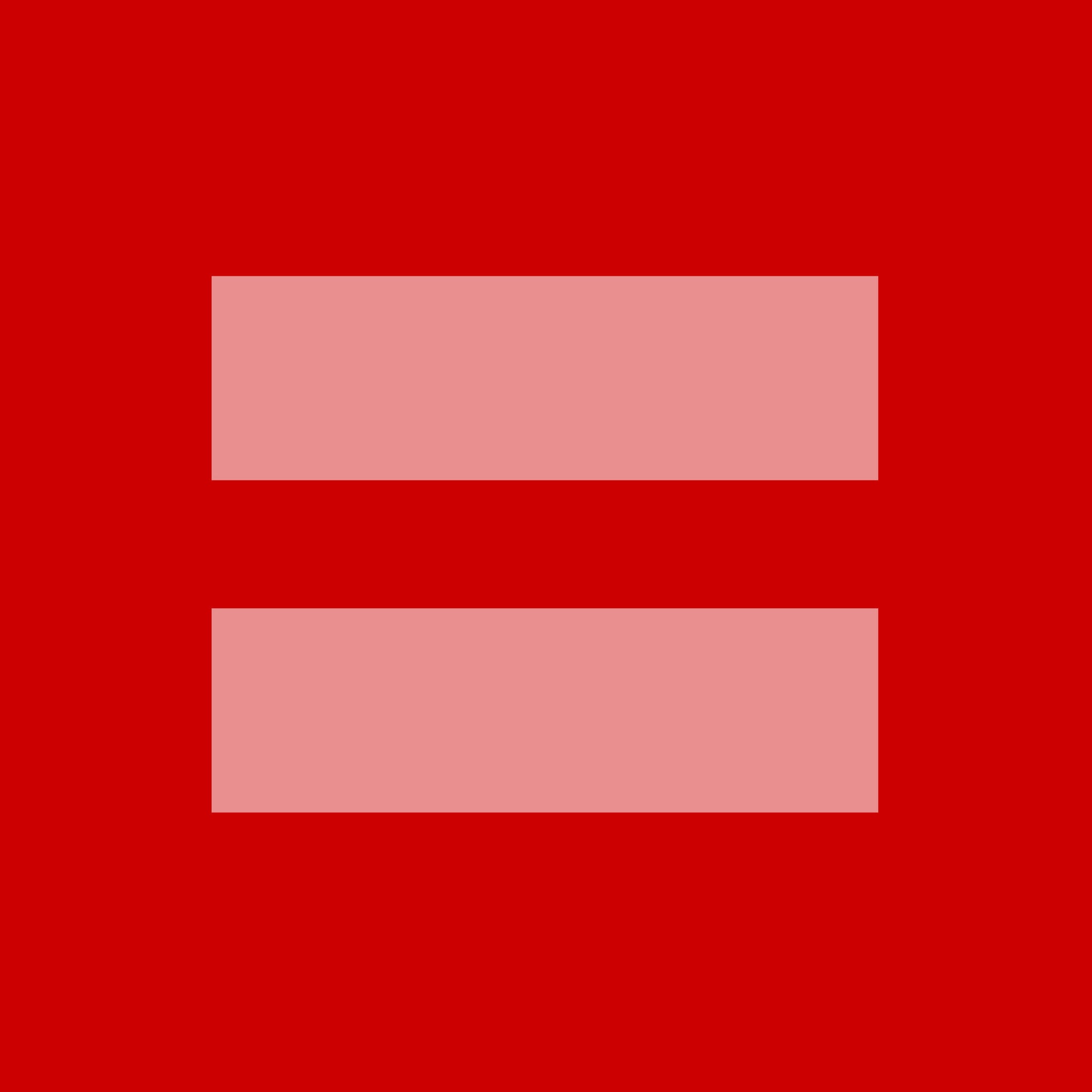Before I begin, let me offer a personal disclaimer: “marriage” and “political issue” shouldn’t be in the same category, but as we know, they are.
This week, you may have noticed a pink equal sign on a red background circulating on social media networks. The Human Rights Campaign posted the photo on Monday, which quickly circulated to more than 10 million people on Facebook alone, in response to nine justices in the U.S. Supreme Court hearing arguments over Proposition 8, a law that prohibited same-sex marriage in California, and the constitutionality of DOMA (Defense of Marriage Act), which limits the federal definition of marriage to heterosexual unions.
Basically, the challenge to DOMA is fueled by the notion that marriage is a matter of state rather than federal regulation, and the challenge to Proposition 8 is a direct challenge to such a decision by a state. The overriding legal question in the case is whether the 14th Amendment’s guarantee of equal protection under the law prevents states from defining marriage as that state has.
Read more about the relationship between DOMA and Proposition 8 here.
What I saw a lot this week, in addition to the proliferation of red and pink equal signs, was not so much anti-same-sex marriage opinions, but those against bringing issues like this to social media, where people who may not be educated on these issues tend to “bandwagon” onto the movement.
I can’t help but be frustrated with these remarks. First of all, would you rather social media be entirely dominated with GIFs of cats, memes and YouTube videos? Social media is one of, if not the best places for a movement or campaign to quickly gain widespread awareness.
It’s important that we use these channels to educate and raise awareness on topics that affect our community.
I understand the frustration and annoyance people experience from political posts on social media, especially during election season. Nobody really wants to scroll down a news feed full of raging opinions that half of the time lack evidence or education – and don’t even solve anything. The latter is a key argument I hear often; what’s the point of debating or discussing these things on social media when nobody is really going to stop child or domestic abuse, feed the hungry in Africa or legalize same-sex marriage, from a simple Like, tweet or profile picture?
They’re right: I’m sure that a person who abuses his or her family won’t see your tweet and think, “I should really stop doing this.” The Supreme Court doesn’t care about Internet memes or Facebook profile pictures. But I’ll tell you what your posts, shares and pictures do: they spread the word and help educate the people you interact with everyday, which in turn does translate to the governing bodies that can make a difference in these issues. It’s a way to show your support, where you otherwise may not have your voice heard.
A recent survey by the Pew Research Center found that one in seven American adults say their initial opposition to same-sex marriage has turned to support. This isn’t because of social media, but it’s definitely easy to see on these networks. We won’t know the outcome of this week’s hearings for a few months, but it’s safe to say you’ll remember what this pink equal sign represents years from now.






